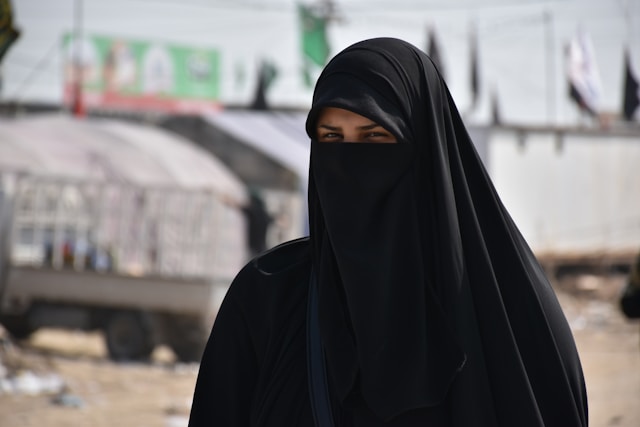The exploration of the rights/regulation pathway within Fraser’s theoretical framework reveals the multifaceted nature of justice discourse. This examination brings to light the rights-based strategies employed by labor unions, shedding insight on their role in advocating for justice.
Simultaneously, the regulatory dimensions present in international legal arenas contribute to newfound understandings of justice claims, illustrating the complex interplay between rights and regulations on a global scale. This case study further underscores the timeliness of Fraser’s call to transcend the Westphalian framework, especially amidst the transformative landscape shaped by globalized economic shifts. The challenges posed to traditional notions of justice in this context highlight the need for innovative approaches.
The analysis emphasizes the imperative of adopting new paradigms and participatory norms to address socio-political challenges globally. This, in turn, reflects the dynamic nature of justice discourse, echoing Fraser’s advocacy for transformative outcomes and broader inclusivity in justice processes. The uneasy context and heightened sense of belonging within this framework further accentuate the evolving landscape of justice discourse.
These transformative outcomes not only signify a departure from conventional norms but also underscore the imperative for new paradigms and participatory approaches in navigating the complexities of socio-political issues on a global scale.







